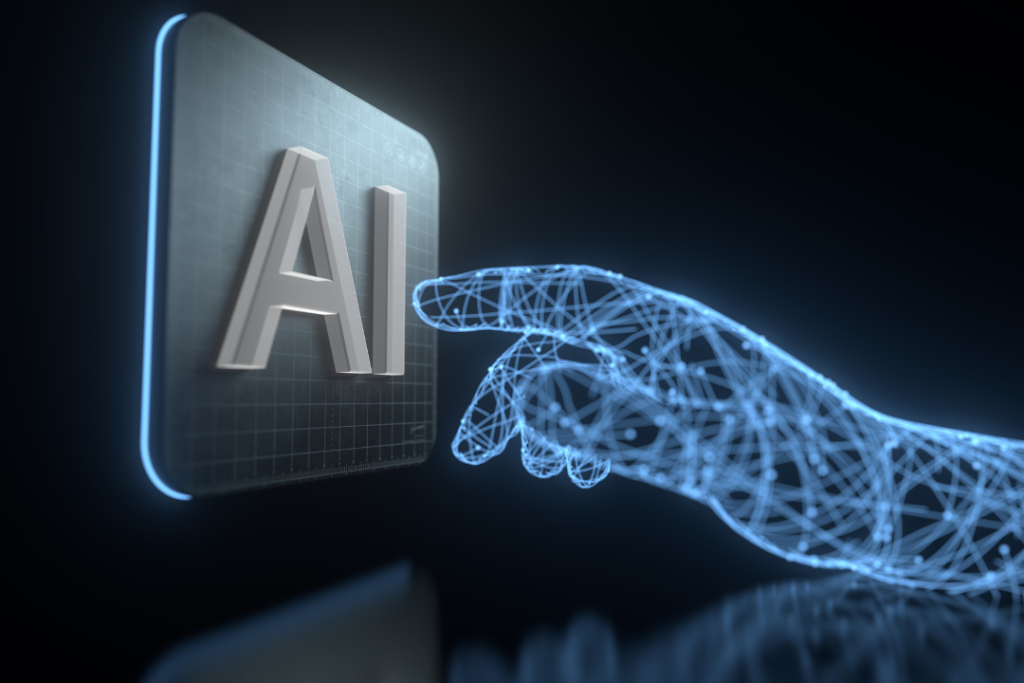Artificial Intelligence (AI) is no longer just a buzzword. It’s transforming industries—from finance and healthcare to retail and education. But as AI systems become more powerful and autonomous, they raise complex legal and ethical questions.
What Are the Legal Concerns Around AI?
At the core, AI challenges traditional legal structures. Who is responsible when an AI makes a wrong decision? Can an AI system infringe on rights, such as privacy or discrimination protections? These are just a few of the concerns legal frameworks are now racing to address.
Concerns include:
Bias and Discrimination: AI systems trained on biased data can produce unfair outcomes, especially in hiring, lending, or law enforcement.
Data Usage: AI needs vast amounts of data. Improper data collection or usage can violate data protection laws.
Accountability: Determining who is liable when AI causes harm—the developer, user, or the system itself?
Regulatory Responses
Globally, regulatory bodies are beginning to establish ground rules. The EU’s proposed AI Act is among the most comprehensive efforts, classifying AI systems by risk level and imposing strict rules on high-risk applications. In the U.S., guidance is emerging from the FTC and sector-specific agencies.
Business Responsibility
Businesses deploying AI tools must:
Conduct algorithm audits to detect and mitigate bias
Ensure transparency in how decisions are made
Maintain human oversight for critical decisions
Establish clear accountability for outcomes
Companies that proactively implement compliance protocols will gain trust and competitive advantage.
Individual Impacts
AI affects individuals in subtle and significant ways—credit scores, job screenings, health diagnostics. People must understand how decisions about them are being made, and they should have avenues to challenge or appeal automated outcomes.
How GLH Network Helps
GLH Network equips users with:
Plain-language explainers on AI risks and rights
Business checklists for ethical AI deployment
Expert insights on emerging regulations
AI promises innovation but also demands caution. With the right knowledge, both businesses and individuals can leverage AI responsibly and ethically.

